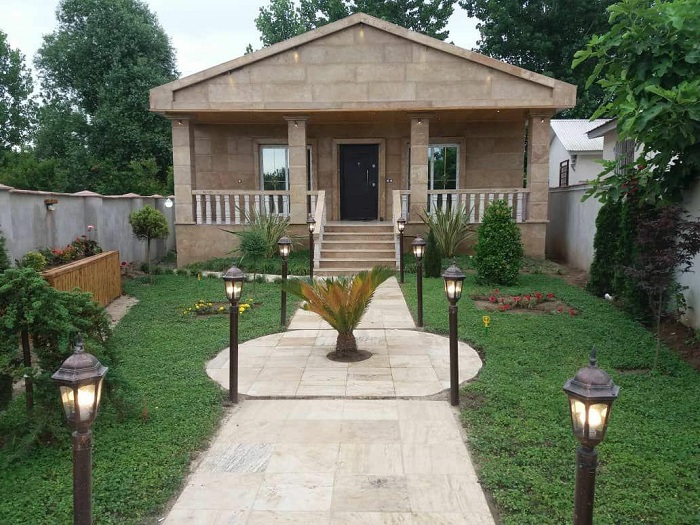Will the 11th parliament pave the way for housing boom?

Perhaps one of the most important plans of the 11th parliament is to enact appropriate laws to boost the housing sector; In addition to the speaker and the second deputy speaker of the parliament, who are considered civil figures, most of the current MPs have views on housing.
According to the International Exhibition of Iranian Stone, in the 11th parliament, which is mostly composed of fundamentalists, economic and developmental figures can be seen, especially in the board of directors. Qalibaf, as speaker of parliament, has a 12-year history as mayor of Tehran. Nikzad, the deputy speaker of parliament, has previously served as Minister of Housing under Ahmadinejad's government. Among other fundamentalist representatives and officials of the ninth and tenth governments, there are technocratic and civil figures. One of them is Shamsuddin Hosseini, the economy minister in the 10th government, who has defended Mehr's housing in some cases. Referring to the presence of Ahmadinejad's government officials in the 11th parliament, he said that there are 50 of us and that we have Ahmadinejadites.
In the run-up to the 11th parliamentary election, many candidates have spoken out about their plans for housing and civil engineering, highlighting the importance of this sector as a driving force. Qalibaf, meanwhile, may have talked more about housing. In 1392 and 1396, when he was the presidential candidate, he spoke about the need to pay attention to the housing sector, as well as the worn-out urban fabric. In 1392, he stated that we should turn the worn-out urban tissues into Mehr housing in order to solve both the housing problem and the problem of worn-out tissues. The former mayor and current speaker of the parliament, of course, defended Mehr Housing during the 2017 elections.
Ali Nikzad, a former housing minister and second deputy speaker of the 11th parliament, will naturally have plans for housing. Among those who have been cooperating with the current speaker and deputy speaker of parliament is Mustafa Gholi Khosravi, president of the Real Estate Advisors Union, who considers Qalibaf and Nikzad to be hardworking and hardworking people. He called on lawmakers to put on the agenda the reform of the trade union law, the amendment of the pre-sale law, the importance of tracking code and the strengthening of manual contracts.
Nikzad recently said in an interview that Rouhani's government had shut down the housing sector for six years, and that housing in metropolitan areas has become a dream for young people today. He, who is considered to be one of the founders of Mehr Housing, said that we started Mehr Housing and we will finish it ourselves.
Of course, most of Mehr's housing in Rouhani's government has run out, and Nikzad is not working hard. Nikzad may mean one hundred and seventy thousand units out of two million and two hundred thousand units, which is mainly above seventy percent physical progress. About one hundred and five thousand units are facing legal problems with an average progress of 30%. Of the 2.2 million housing units in Mehr, more than 2.3 million units have been handed over to applicants so far, of which 1.3 million houses, equivalent to 59 percent, have been completed by the Rouhani government. When the Ninth Government overthrew Mehr Housing in 2007, it was said that people's homes would be handed over for eighteen months, but due to problems with infrastructure and superstructure services, only six hundred and ninety thousand units were handed over to applicants after six years. It was handed over and the Mehr housing project was inherited by Rouhani's government.
However, the experiences of members of the Eleventh Assembly, including the Speaker and the Second Deputy Speaker, can be effective in getting housing out of the recession. To achieve this goal, housing activists expect the parliament to boost the housing sector by enacting stagflation laws; Because according to estimates, the housing sector accounts for thirty-three percent of the economy and has a previous relationship with seventy-eight sectors and a subsequent relationship with fifty-six sectors with a publishing coefficient of one and two, ie one and Two indirect jobs have been created.
On the other hand, according to the comprehensive housing plan, the annual need for housing in the country is about one million units, and if this goal is achieved, at least two and four million jobs will be created, but according to the Deputy Minister of Roads and Urban Development, annual production is now around three hundred and twenty. One thousand units is enough, which means that construction in the country is about one-third of the absolute demand, and in the meantime, housing prices have always been on the rise.
* ISNA










